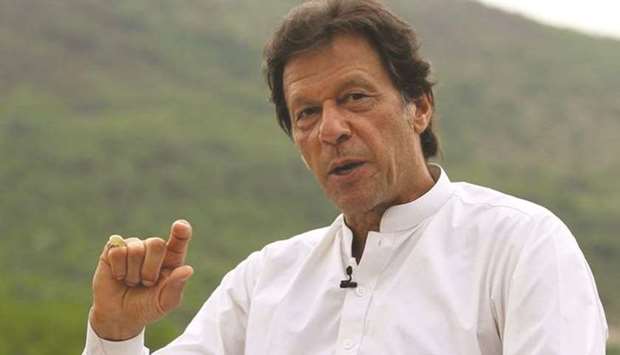Led by the prime minister, the committee will include the ministers for planning and development, finance, power, national food security and water resources, and provincial chief ministers.
“Climate change has been a rather neglected subject in the past. The committee has been formed to give the issue of global warming more importance and to have more stakeholders participate actively in the present government’s initiatives, such as Clean Green Pakistan, and the building up of climate change as a concept,” Climate Change Additional Secretary Khurram Agha says.
He added that it points to the government’s intentions and its endeavour to promote a clean environment, clean air, clean schools, and the promotion of green buildings and appliances.
Climate change ministry director general Irfan Tariq says that the committee has the specific role to oversee the status of implementation of the National Climate Change Policy across the federating units, and to spearhead the mainstreaming of global warming concerns into the decision-making of federal and provincial governments.
It will also ensure the creation of an enabling environment for integrated, climate-compatible, and climate-resilient development, he said.
Tariq added that the committee would provide the highest level of strategic guidance and a platform to co-ordinate efforts across the country.
The focus in this regard will be on streamlining and facilitating the implementation of national and international obligations.
According to an official notification, the committee will periodically monitor the implementation of comprehensive adaptation and mitigation policies and other measures, including the National Adaptation Plan and Nationally Appropriate Mitigation Actions.
It will also provide policy guidance on any other international, regional or national issues that have climate change implications.
The committee is expected to convene twice a year.
A similar committee and a council existed until 2008-2009 to assess the overall deterioration of the environment.
It was also expected to meet at least twice a year or when required, but went two, and sometimes three, years without convening, ignoring the degradation of forests, the quality of drinking water, and the rise of emission levels polluting the air in the country.

